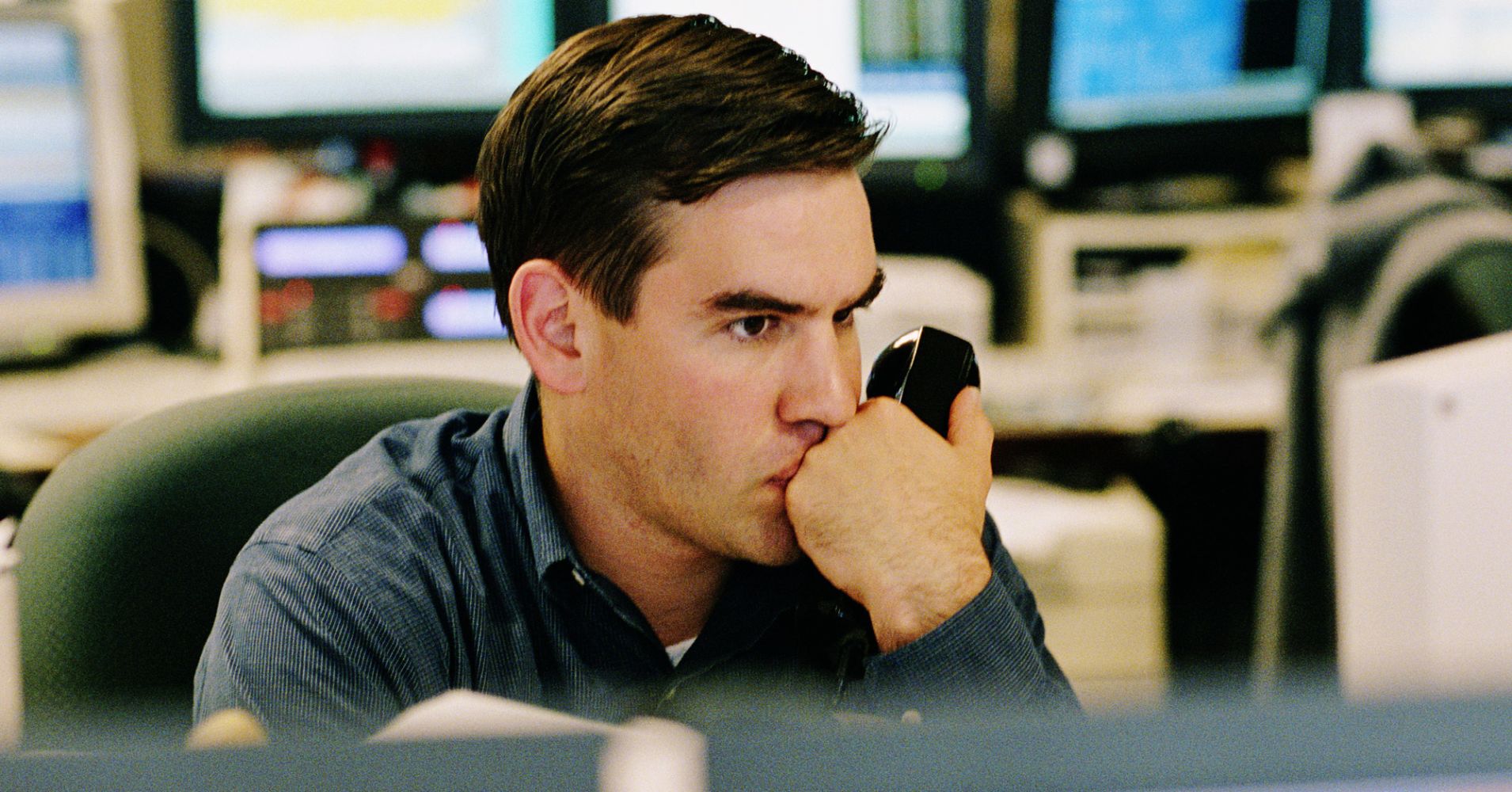Gyrating markets, rising rates and significant market volatility will always create anxiety for investors and leave them with a bad, sinking feeling.
Those big swings typically cause investors great concern, no matter the rise or fall. But what is the root of the anxiety? Behavioral science suggests that humans are “uncertainty reduction” machines. That’s one of the reasons why we can get a reward for putting money at risk in the markets … that is, if we stay invested.
Which brings us to the market volatility in the fourth quarter of the year. Headlines relating to the Dow “plunging” more than 800 points back on Oct.10 — and it being the “worst drop” since February — and subsequent ups and downs ever since have left investors quite nervous about what’s coming next.
As behaviorists would predict, these facts lead to concerning questions: Are we experiencing a “correction” in the stock market? Is there a case for an extended bear market? Is there something altogether unpredictable around the corner?
What would a behavioral finance professional (such as myself) typically say to investors? “Don’t overreact!” While this phrase actually tends to make things worse, or make people react even more, there is something to this idea.
When markets go up, the general idea is that we should avoid buying investments that have risen too much, and when markets do down, the idea is to not sell the investments that are not doing well.
Why? Because we tend to overreact.
When markets are doing well, we can become euphoric and may “buy at all-time highs” to make more money. And when markets are going down, we can become despondent and may “sell at all-time lows” to avoid further losses. Overreaction can cause people to fall into a losing strategy — buying high and selling low. But how are we supposed to know when markets are at an all-time high or at an all-time low?
The answer is: It is hard to predict and time the markets. Investors are only human, and in the moment buying or selling may seem like the right decision. The future is uncertain, whereas hindsight is 20/20. Research from financial services market research firm Dalbar — its Quantitative Analysis of Investor Behavior, or “QAIB” for 2017 — suggests that the average equity mutual fund investor gives up about 3 percent in returns each year. This is relative to just holding the fund and staying invested, in part because of “overreactive” buying and selling behavior.
Instead of telling you not to overreact, here are some tips to help control your reactions as the markets move.
NOTE: if you do not have time to search for strategies and study all the tools of the trade, you do not have the extra funds for testing and errors, tired of taking risks and incurring losses – trade with the help of our best forex robots developed by our professionals.
React to market movements in the context of your goals. Identify when you need the money that you have invested, how much you need and how important it is that you have that money. For example, if you need a down payment for a house that plan to buy in a month, should that money be invested in the first place? But if it’s money for your retirement that’s 20 years away, perhaps you don’t need to do anything at all, even during big market swings.
Be proactive, not reactive. Make a habit of contributing to your investment portfolio on a regular basis, regardless of market ups and downs. Regular contributions can help ensure that you are invested when markets are low but also allow you to take advantage when markets are doing well. Since you can’t time markets, why try? Instead of being reactive, be (systematically) proactive about your investment behaviors.
Take pause. Very few investment decisions need to be made “in the heat of the moment.” A best practice is always to give yourself a waiting period before making any investment decision. During this waiting period, think your decision over, do some research, or talk through it with your advisor or a trusted friend or family member. Always make sure that the decision is right for you in the context of your goals and risk appetite.
Ultimately, investors need to consider whether market volatility is truly relevant to them or not in that current cycle. Don’t be alarmed by market uncertainty — it’s all a normal part of investing.
— By Michael Liersch, Ph.D., global head of goals-based advice/strategy at J.P. Morgan Private Ban
We offer you free download forex robot based on stop and reverse system for testing results in Metatrader.


 Signal2forex.com - Best Forex robots and signals
Signal2forex.com - Best Forex robots and signals




